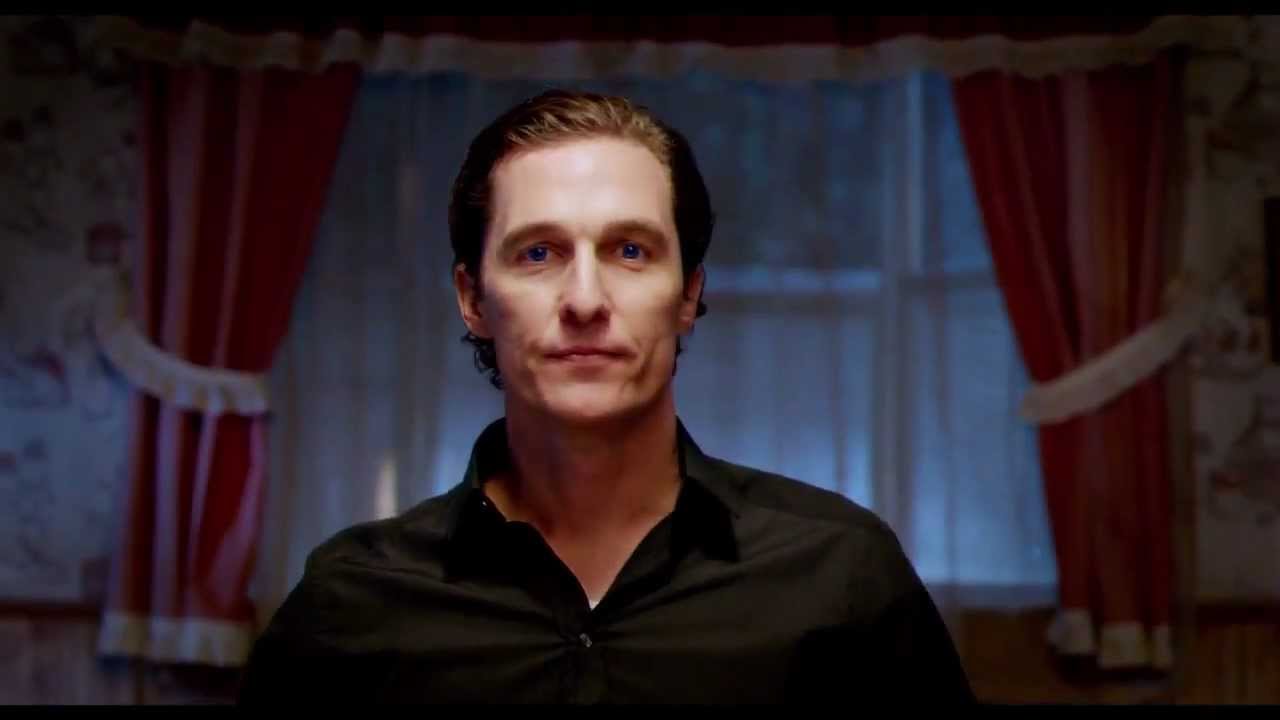
As times change and society strives to become more politically correct, what does that mean for film? As this list will illustrate: there is still a place in cinema for daring work.
The following movies were all released in the 21st century, which is even more commendable when we consider how difficult it can be to get dark films produced. On this list, the word “dark” is intended to mean any films that feature a grim world, or unusual characters. They are films that can be considered disruptive in some form.
10. Wetlands (2013)

Wetlands is a great film about a young woman (played by Carla Juri) with a dark sense of humour figuring out her sexuality. What makes Wetlands truly a special film is its willingness to get extremely explicit: there are a lot of teen comedy movies about boys growing up, but so many films shy away from exploring a girl’s experience and giving it the same treatment a comedy about an immature boy would have.
Wetlands is especially great because of the way it contrasts the darkness of growing up with the protagonist’s charm. Even at moments we feel we should be “offended,” we never do because the protagonist feels like a close friend telling us about her life. It’s one of the few films to depict such a dark period of growing up and pull it off so originally.
9. Fat Girl (2001)
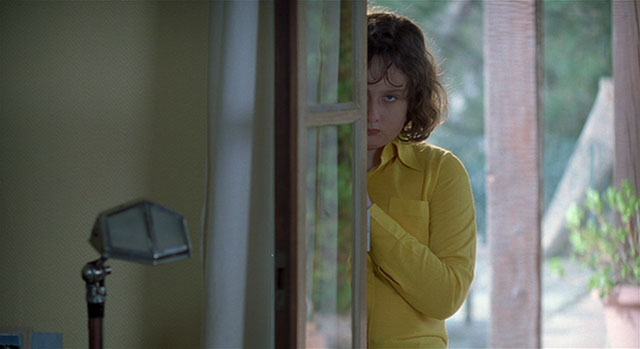
Like Wetlands, Fat Girl is another film that tackles all the angst and darkness of growing up accurately. It’s also a film that makes use of contrast to its advantage: in Fat Girl, an overweight teenager’s tough growing up period is made a lot more difficult than it should be due to the fact that she happens to have a “cooler” sister.
Catherine Breillat is known for being a controversial filmmaker who has made headlines due to her sometimes risqué comments (most recently: her stance on the #MeToo movement caused a stir), and Fat Girl has the sting of an artist that doesn’t mind ruffling a few feathers. The ending is really strong and even if you dislike the film you will not be able to forget it.
8. Cold in July (2014)
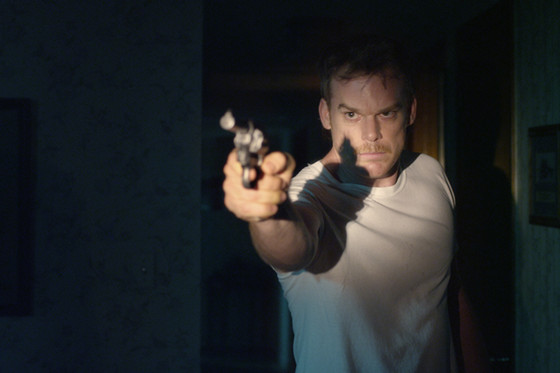
Cold in July is another great movie that has not gotten the praise it deserves. It’s a thriller with themes of revenge, corruption, and violence. What makes Cold in July one of the better pulpy thrillers of the 21st century is how expertly it is written and directed. Whenever you think you know where the movie is headed, it goes the opposite direction. This film is a rollercoaster of twists and turns.
Cold in July is clearly a work made by people who love what they’re doing. It apparently took years to get made, and it was challenging partly due to how the film takes chances and jumps across genres. Filmmaker Jim Mickle has commented that he wanted to make something that audiences would not be able to predict the outcome of. As a result, Cold in July is one of the most original and daring films to be released in the last few years.
7. Killer Joe (2011)
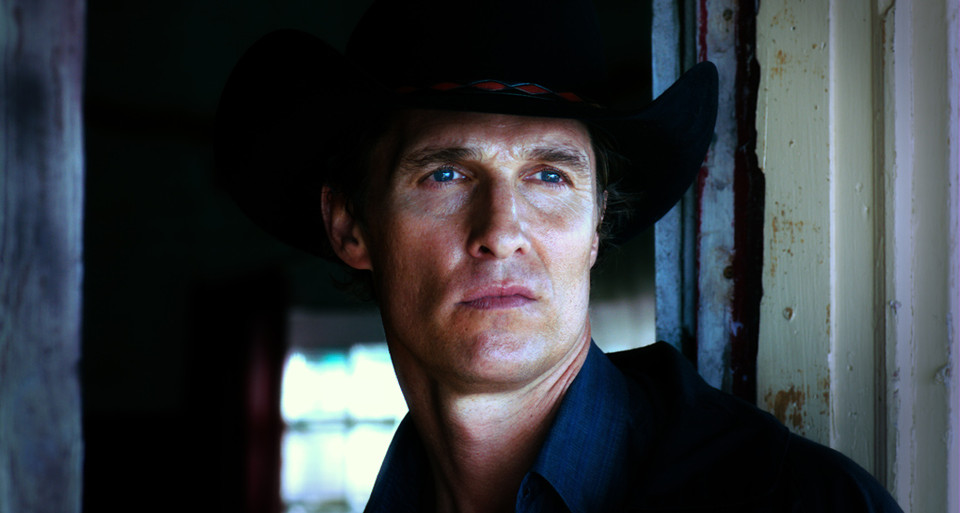
If William Friedkin never made another film after The Exorcist, he’d never have to worry about making a “dark” film ever again. Luckily for us, Friedkin made another dark film to add to his filmography.
Killer Joe is a slightly underrated masterpiece. The screenplay was written by Tracy Letts, who might be best known for his work on the excellent (and dark) August: Osage County. Killer Joe is a lot darker though; it’s about a police officer who happens to work as a hitman on the side (played by Matthew McConaughey).
The premise sounds crazy enough, but the film goes to some really unexpected places. It’s almost an unbelievable movie at times; the world of the film feels impossibly dark. Many people consider Friedkin’s earlier films of the 1970s as his best working period, but in Killer Joe he is in top form.
6. The Road (2009)
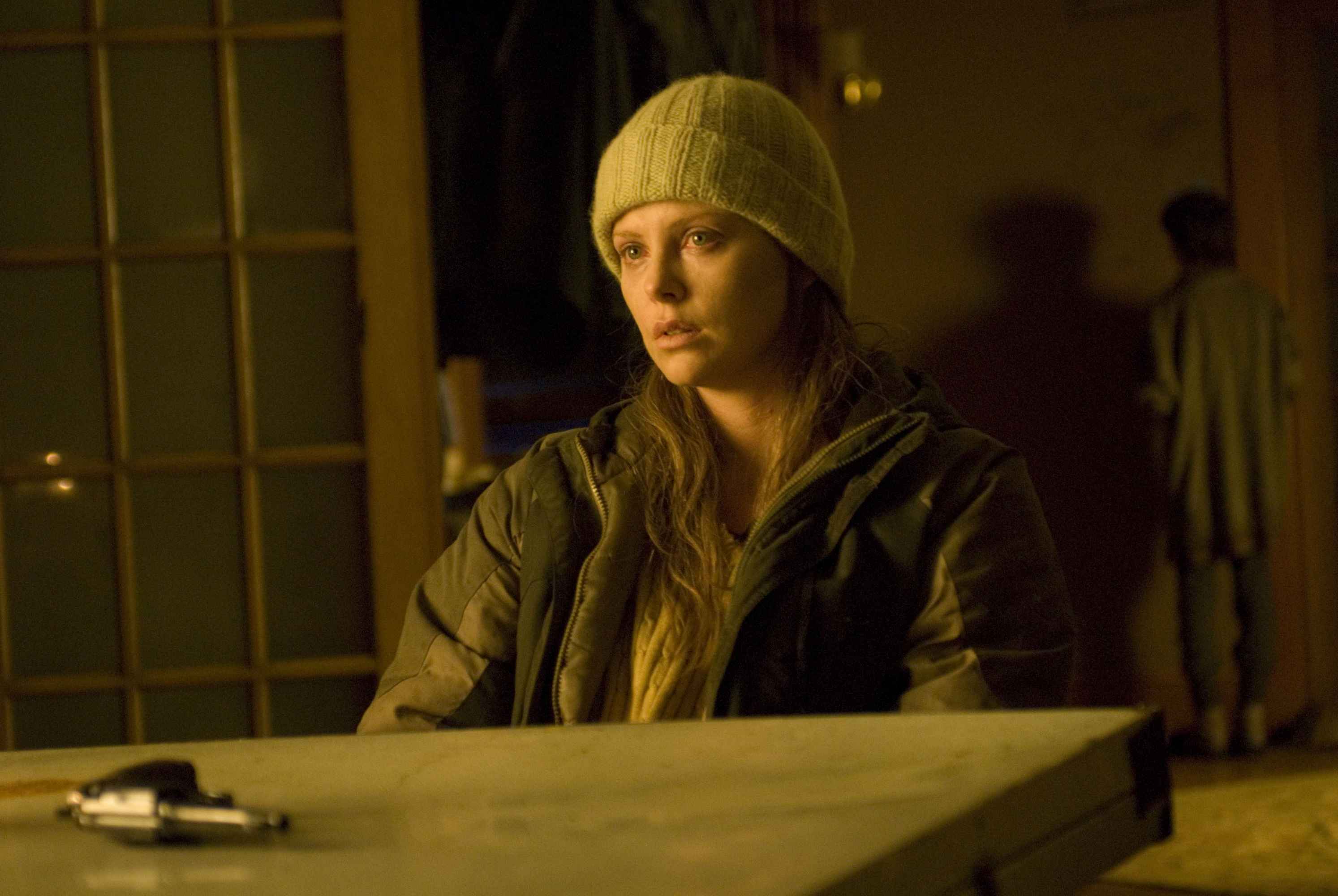
The Road is one of the best films in the 21st century to use the theme of a post-apocalyptic world. Adapted from the critically acclaimed Cormac McCarthy novel, The Road is about a father and son trying to survive America after it has collapsed. Filmmaker John Hillcoat takes great effort to make The Road feel like it could really happen.
At one point a character asks someone if they have ever wished to die. The character responds, “No. It’s foolish to ask for luxuries in times like these.” It’s a very dark moment in the film, and it captures what this film is all about perfectly; life in America has become absolutely miserable.